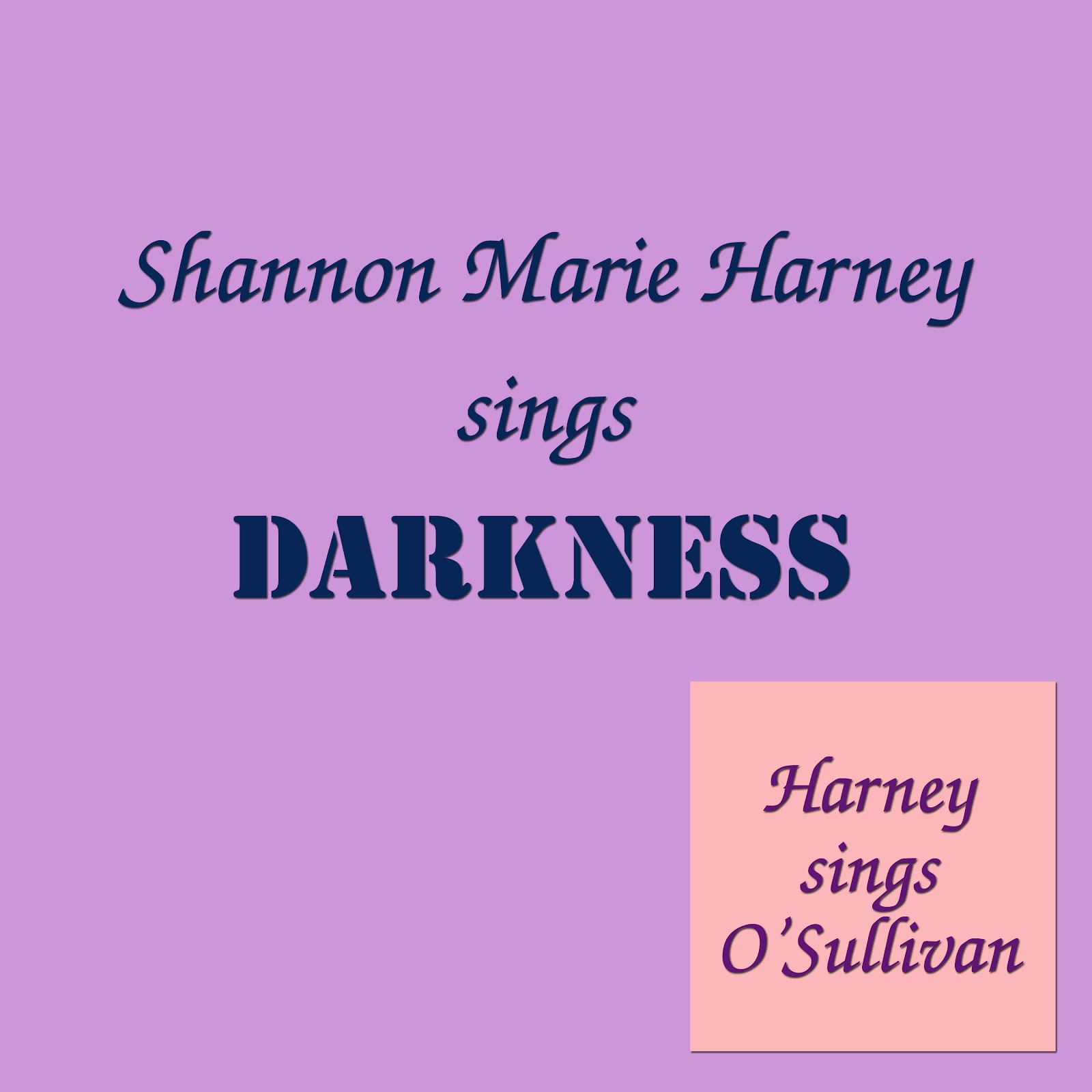Comrades, fill no Glass for me - Stephen Foster
This is my contribution for Day 16 of the UK Autoharps Advent Calendar 2022...
1.
Jan Brodie asked me if I had a second
song for the Advent Calendar - I said that I was working on a song that might
fit...
But... That first song was a Stephen Foster drinking song,
When the Bowl goes round, Stephen Foster and George Cooper
Video link
...and this second song is a Stephen Foster temperance song.
Comrades, fill no Glass for me - Stephen Foster
Video link
Compare and contrast...
But Jan thinks that nothing is more Chrismassy than temperance and good intentions...
2.
A second song from Stephen Foster. A second song from the University of
Pittsburgh and the Library of Congress online archives.
The sheet music says, proudly, Poetry and Music by Stephen Foster.
Pittsburgh Stephen Foster Collection
Has 3 copies. Here is one...
Comrades, fill no glass for me
https://digital.library.pitt.edu/islandora/object/pitt%3A31735061827113#page/1/mode/2up
Library of Congress
Comrades, fill no glass for me
Music for a nation: American sheet
music, 1820-1860
https://www.loc.gov/item/sm1855.590420/
A web search will find that the sheet music has spread widely - and a number of people have had a go at singing the song....
3.
The lyric does show Foster's workmanlike
skill, three 8 line verses each building to the couplet, which is sung twice,
for emphasis...
Still, boon companions may ye be,
But, comrades, fill no glass for me.
With little variants on the later repeats. There is the oddity that Verse 1 has 'boon companions may ye be',
But Verse 2 and Verse 3 have 'boon companions ye may be'. Can we find a subtle reason for this?
You can sometimes hear performers puzzling over that difference. And Copy & Paste web sites do not care.
There is a lot going on in the lyric - back and forth rumination. Certainly a love of whisky, mixed feelings about the boon companions, and that, oft repeated, desired conclusion.
Basic lyric skills on show - like, when we plan rhyme schemes, if we are going to rhyme on an unusual word get that word in place early, so that the later, more expected, rhyme cements it in place.
'Liquid flame', meaning whisky, is a good example. Foster knows then that he has the standard rhymes available. He could explore the drinker's shame, the boon companions' blame. And, of course, we do explore them.
For the actual rhyme Foster chooses 'blighted fame...'
See also Verse 3, 'aspirations undefiled' leads to the rhyme with 'child'...
And when we hear 'fill no glass for me', do we not also hear 'blasphemy...'?
Part of the fun of making the little illustrated videos for YouTube is seeing if - without getting bogged down - we can visually mark such detail.
4.
The melody is also workmanlike - but has
enough Foster subtlety to make it worthwhile.
The sheet music gives no time signature - I don't think that that is unusual? There are little irregularities, which can confuse. In this performance, we try to skate over.
And the second part of the melody has, for me, an unexpected twist - for line 6, in the key of G, we have gone with A7 and D7.
The real musicians will have more to say.
We should say Thank You to the University of Pittsburgh and the Library of Congress for the online archives - this is the web working as it was meant to work.
Patrick O'Sullivan
December 2022



